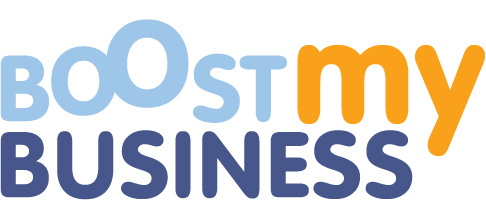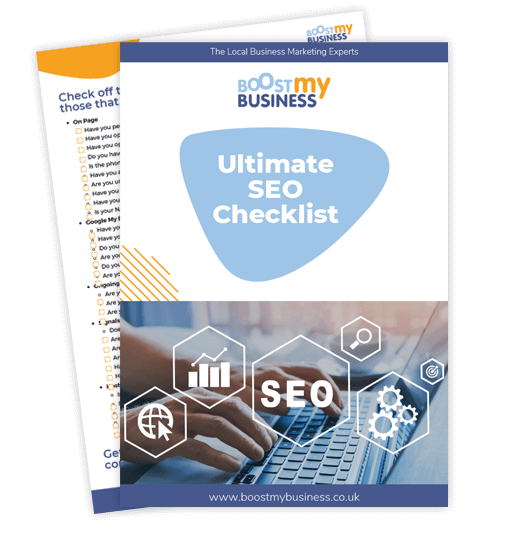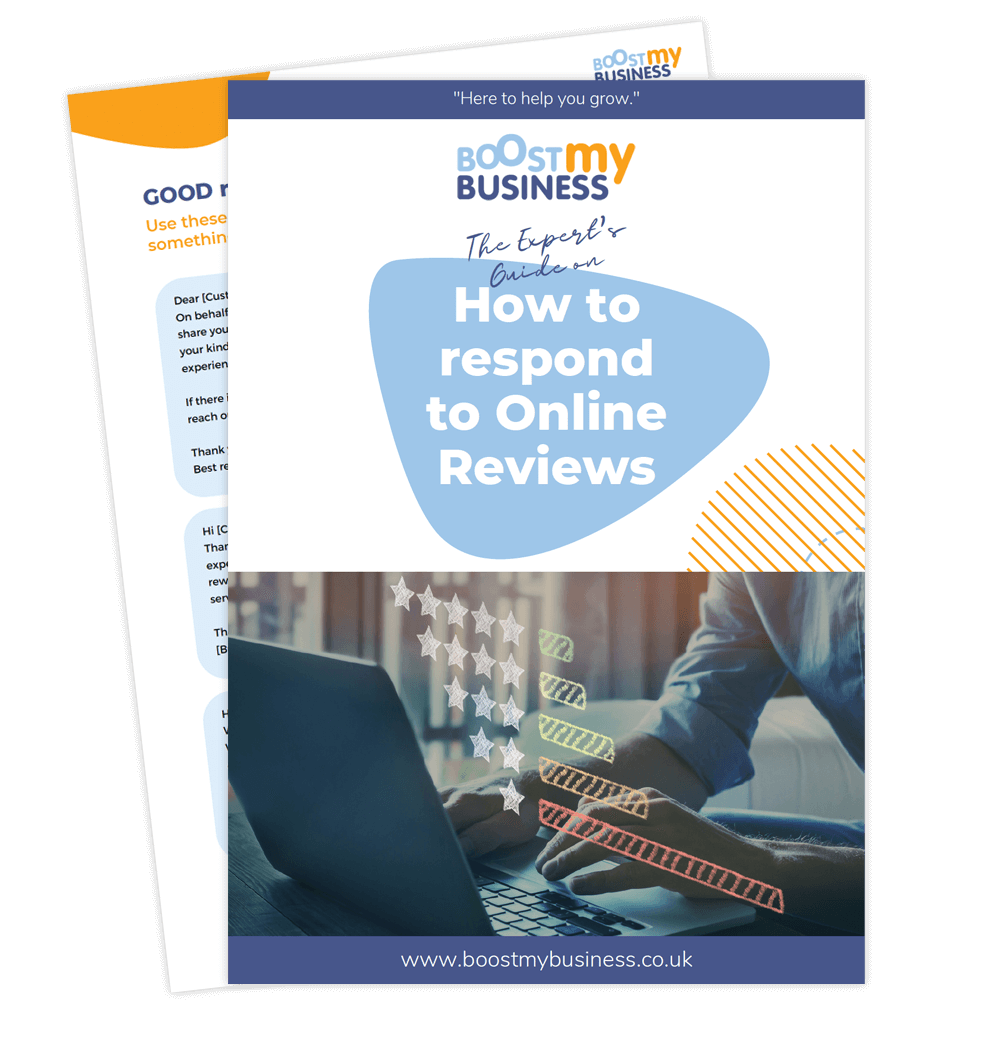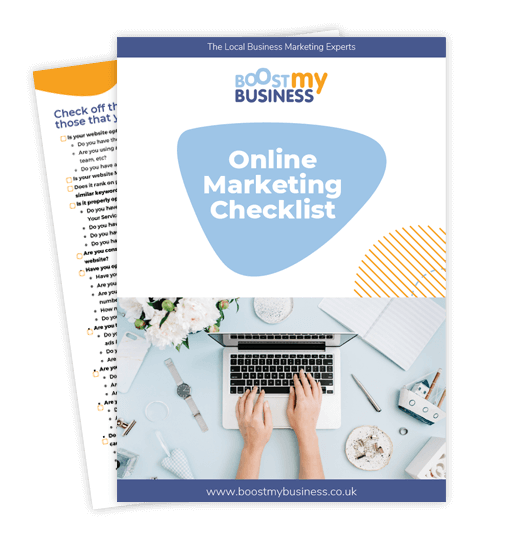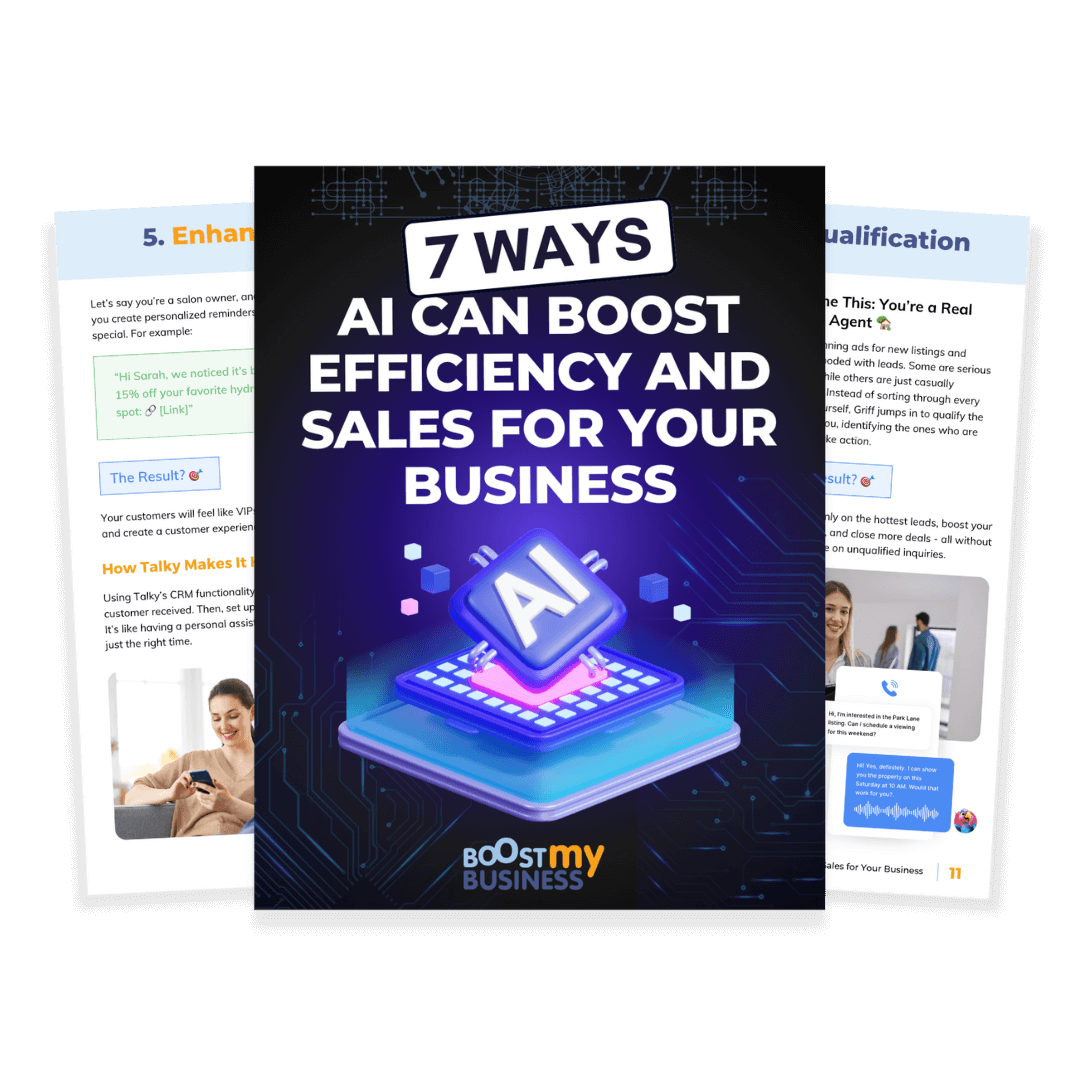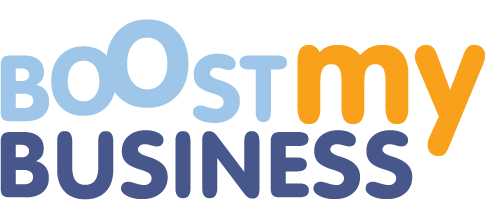We Automate, You Dominate.
Latest Articles
Useful advice on how to market your business

Collecting customer data and how to use it
“ Collecting customer data allows you to create personalized and relevant marketing experiences, which can lead to increased customer loyalty and retention.”
Mark Schaefer, marketing consultant and author
Collecting customer data can be a valuable tool for improving your marketing efforts. By gathering information about your customers, you can better understand their needs, preferences, and behavior, which can help you create targeted and personalized marketing campaigns.
There are many different types of customer data that you can collect to improve your marketing efforts. Here are a few examples:
Contact information: Collecting basic contact information such as names, email addresses, and phone numbers can be useful for sending marketing messages and communicating with customers.
Demographic information: Collecting demographic information such as age, gender, location, and occupation can help you understand your audience and create targeted marketing campaigns.
Purchasing history: Collecting information about what products or services customers have purchased can help you understand their interests and preferences and create targeted marketing campaigns.
Preferences: Collecting information about customers' preferences, such as their preferred communication channels, can help you tailor your marketing efforts to their preferences.
Feedback and reviews: Collecting customer feedback and reviews can help you understand what customers like and dislike about your products or services and make improvements.
It's important to keep in mind that you should only collect customer data that is relevant to your marketing efforts and that you have obtained the necessary consent from customers. You should also make sure to respect customer privacy and protect their personal data.
Name
Collecting your customer's names allows you to personalize your marketing. Personalization in marketing refers to the practice of tailoring marketing messages and experiences to the individual needs and preferences of each customer.
Here are a few ways you can use personalization in marketing:
Use personalized email campaigns: Email marketing software allows you to send personalized emails to individual customers. You can use data such as the customer's name, location, and purchasing history to create personalized subject lines and content for your emails.
Use personalized landing pages: Landing pages are pages on your website that are designed to convert visitors into customers. By creating personalized landing pages that are tailored to the needs and interests of individual customers, you can increase the chances of conversion.
Email Address
Collecting customer email addresses is important for a number of reasons:
Email marketing: Email is a cost-effective and powerful way to reach and engage with customers. By collecting customer email addresses, you can build a list of subscribers who have opted in to receive marketing messages from your business.
Customer communication: Email is a convenient way to communicate with customers about important updates, such as order confirmations, shipping updates, and customer service inquiries.
Customer data: Customer email addresses can be used to gather valuable data about your customers, such as their purchasing habits, preferences, and demographics. This data can be used to improve your marketing efforts and better target your campaigns.
Customer retention: By keeping in touch with customers through email marketing, you can keep your business top of mind and encourage repeat business.
There are a few ways to collect customer email addresses, including:
Sign-up forms: You can use sign-up forms on your website, social media pages, or in-store to collect customer email addresses.
Purchase information: You can collect customer email addresses at the point of sale, either online or in-store.
Contests and giveaways: You can use contests or giveaways as an incentive for customers to provide their email address.
It's important to respect customer privacy and make sure to obtain their consent before adding them to your email list. You should also make it easy for customers to opt out of receiving emails if they choose.
“ Collecting customer data allows you to understand your audience and tailor your marketing efforts to their needs and preferences.”
Dave Chaffey, digital marketing expert
Phone Number
There are several benefits to collecting customer phone numbers:
Improved communication: Collecting customer phone numbers can help you communicate with customers more effectively. For example, you can use phone numbers to send text messages or make phone calls to communicate with customers about important updates, such as order confirmations, shipping updates, and customer service inquiries.
Increased customer satisfaction: By being able to communicate with customers more effectively, you can improve the overall customer experience and increase customer satisfaction.
Personalized marketing: Collecting customer phone numbers can allow you to send personalized marketing messages, such as SMS marketing campaigns, to individual customers. This can help increase the effectiveness of your marketing efforts.
Improved customer service: By collecting customer phone numbers, you can make it easier for customers to reach out to you with questions or concerns and improve your customer service.
Increased customer loyalty: By improving communication and customer satisfaction, you can increase customer loyalty and encourage repeat business.
It's important to keep in mind that you should only collect customer phone numbers if you have obtained the necessary consent from the customer and if you have a legitimate reason for doing so. You should also respect customer privacy and make sure to protect their personal data.
Date of Birth
Using customer birthdays for marketing can be an effective way to personalize your marketing efforts and show your customers that you value their business. Here are a few ways you can use customer birthdays for marketing:
Send personalized birthday emails: Sending personalized birthday emails to your customers is a simple but effective way to show them that you care. You can use email marketing software to send birthday emails that are tailored to each customer, including their name and a special birthday offer or promotion.
Offer birthday discounts or promotions: Offering birthday discounts or promotions can be a great way to encourage customers to make a purchase around their birthday. You can offer a percentage discount on their purchase, or a free gift with purchase.
Send birthday cards or gifts: Sending physical birthday cards or gifts to your customers can be a nice touch and show them that you value their business. You can use a service like Printful or Printify to design and print custom birthday cards or gifts.
Use social media to wish customers a happy birthday: If you have a strong social media presence, you can use platforms like Facebook, Instagram, or Twitter to wish your customers a happy birthday. This can be a simple but effective way to engage with your customers and show them that you care.
It's important to keep in mind that not all customers may want to receive marketing messages around their birthday. Make sure to respect their preferences and allow them to opt out of receiving birthday marketing if they choose.
Purchasing History
Knowing your customer's purchasing history can be valuable for a number of reasons:
Improved targeting: By understanding what products or services your customers have purchased in the past, you can create more targeted marketing campaigns that are more likely to be successful. For example, if you know that a customer has purchased a particular product in the past, you can send them a marketing message that offers a related product or service.
Increased customer satisfaction: By understanding your customer's purchasing history, you can better understand their needs and preferences and create a more personalized and enjoyable customer experience. This can lead to increased customer satisfaction and loyalty.
Improved product development: By understanding what products or services your customers have purchased in the past, you can get a better understanding of what types of products or services are most popular with your customers. This can help you improve your product development efforts and create products that better meet the needs of your customers.
Increased sales: By understanding your customer's purchasing history, you can create targeted marketing campaigns that are more likely to be successful, which can lead to increased sales for your business.
Free Guides
Is your website performing in the search engines? Making time for search engine optimisation can be difficult when you're busy running your business. This handy checklist breaks down the most important areas you should be focusing your SEO efforts on to ensure your website is optimised for search. Click the button below to download today...
Unlock the secrets to mastering online review responses with our comprehensive and invaluable PDF download. This expertly crafted guide equips you with the knowledge and strategies to skillfully navigate the world of online reviews, turning every feedback opportunity into a chance to enhance your reputation.
Are you making the most of online marketing? Running a business is a full-time job so making time for marketing your business can be tricky. This handy checklist breaks down the most important areas you should be focusing your efforts on to ensure your business can be found on the web. Click the button below to download today...
FREE DOWNLOAD
Are you looking for ways to automate tasks, increase sales, and grow your business effortlessly? AI-powered tools are transforming the way businesses operate, helping them save time, improve customer interactions, and close more deals. But where do you start?
Download our free guide and discover practical, easy-to-implement AI solutions that can boost your business.
